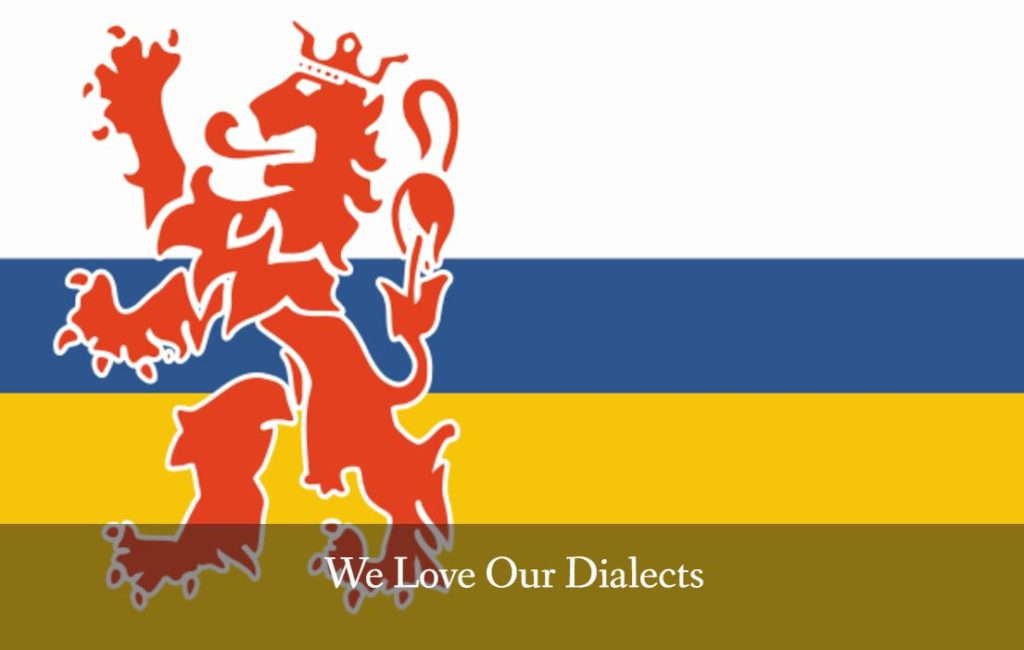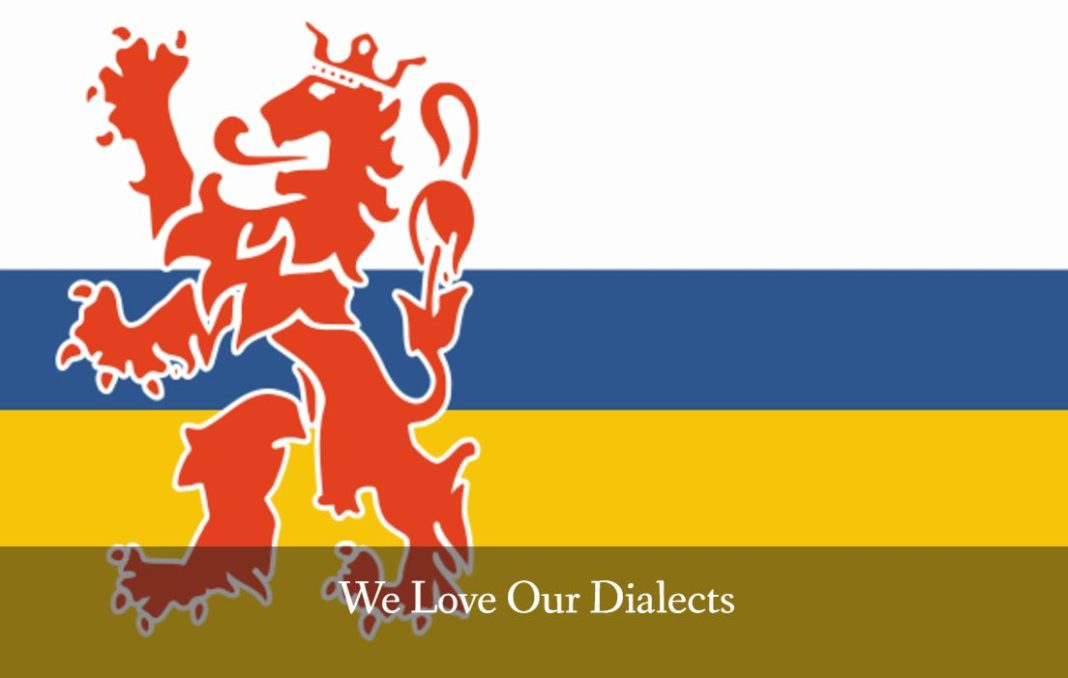Dialect? Regional Language? Does it matter?
As I wrapped up my yet another session of immersive Dutch courses recently, I was feeling pretty proud as I began feeling more relaxed, less self-conscious and more ready to integrate Dutch into my daily social and work interactions. Nonetheless, I still find myself puzzled at times in the Limburg community, wondering whether something I hear that I don’t understand is truly because I just don’t know that part of the Dutch language yet — or if it’s a dialect.
Mestreechs (a.k.a. Maastrichts or the Mestreechter taol) is uniquely influenced, like its peer Limburgish languages by the history of the region, with elements of French, Dutch, and German influence. And yes, there are other Limburgish languages in very close proximity, varying as closely as the neighboring villages and towns — 61 more of them! To make matters more confusing to the non-native Dutch-speaker, there’s also a Limburg province in neighboring Belgium to the west of the Dutch Limburg province, where there’s also a version of Limburgish spoken. In Germany, a Limburgish variant is spoken as well.

In official terms, Mestreechs is actually a regional language spoken in Maastricht, which has a population of about 120,000. Other forms of Limburgish are also recognized as regional languages, which don’t have the same status as either a language or a dialect. Thus, all of these languages live in limbo: they are not separate languages from Dutch, but they are not dialects of Dutch either. In other words, they are spoken by a region of the country and sort of recognized, but not recognized at a higher level like, for example, West Frisian. West Frisian is spoken by about 453,000 Nederlanders and Limburgish as a whole is spoken by about 850,000. (For comparison, the population of Limburg is about 1.2 million, or 7% of the population of the Netherlands, which is 17 million; the number of Dutch-as-first-language speakers is about 23 million, with another 5 million as a second language.) The level of recognition matters in terms of provincial government’s responsibility to support the use of the language, and also inhabitants choose which is their official first language.
Lost and Confused
So as a monolingual expat, confusion is inevitable due to the array of languages possible in and around Maastricht. But, appropriately, my focus is still traditional Dutch as learned through standard texts and courseworks. In the meantime, locals and transplanted locals (Nederlanders who have moved to the Limburg province from elsewhere in The Netherlands) have shared their thoughts about Mestreechs, although independent verification, refutation, or additional anecdotes by locals potentially reading this are readily welcome!
- Yeah, [Mestreechs] is weird, isn’t it?!
- You start to hear Limburgish as you start traveling south of Eindhoven, and the language continues to change every 10-15 minutes of travel further southward.
- With the new bus company Arriva providing public transportation services in Maastricht since December 2016, there had been complaints from locals that the buses didn’t make announcements in Mestreechs in addition to Dutch. (I haven’t taken the bus in a while — and when I did, I wouldn’t have been able to tell if I was hearing Dutch or Mestreechs anyway — so can’t confirm this.)
- Most Nederlanders who relocate to Limburg from other parts of the country eventually learn to comprehend the dialect, especially in service jobs where they encounter Mastrichtenaars regularly (e.g. in the hospital), but typically speak in Dutch in response.
- In social groups, Maastrichtenaars may tend to speak Mestreechs with one another in the group and switch to Dutch only when interacting with non-Mestreechs speakers in the group (or English, in my case so far). (Fairly, this one seems pretty normal with another other languages known by social subgroups…)

Want to learn Mestreechs?
Are you interested in learning more about Mestreechs? Lucky you! While there are not (yet?) formal curricula or lessons to learn it, there are several online resources to get started.
- For the casual learner, follow the official Facebook page of the Tourist Center of Maastricht to learn Mestreechs in context with their “Dialect op Dinsdag” audio/video. You can learn such useful tibits every week like: Geiste mèt eine pitse? (Dutch: Ga je me een biertje drinken? English: Like to join me for a beer?)
- One step up is mijnwoordenboek.nl, which has about 250 Dutch to Mestreech phrases or words, and also samplings from the other 61 Limburgish languages! Unfortunately, no audio here though.
- Want to get a bit more serious about learning Mestreechs? Of course there’s an app for that! Check out the Mestreechter Taol app, also available for Android OS, which is the official city-funded Mestreechs dictionary. Plus, the website provides more info on etymology, phonology, grammar, and of course general information about the service (in both Mestreechs and Dutch). Again, a drawback here is no audio. On the other hand, as a local you can join the taolpanel.nl to join the team and help them improve the resources they offer!
- Another way to contribute to research on Mestreechs (and Eèsjdes — a Limburgish language from the town less than 11 km south of Maastricht)? Check out MaasGeluide.nl (in English and Dutch) which was launched on September 1, 2017 by professor dr. Leonie Cornips, endowed professor of Language Culture in Limburg at Maastricht University and the Meertens Institute in Amsterdam. The web app has some basic phrases and words, and if you’re a local of Maastricht or Eijsden, contribute to the platform by recording your pronunciation of them!

What do you think?
What do you think about learning Mestreechs? Share your comments!
Wat denken jullie van het leren van Mestreechs? Delen jullie opmerkingen!
…and however that’s said in Mestreechs!



Back in the day, I went from Ostend to Amsterdam on the train, changing at Rosendaal. Only on the train from Rosendaal did I hear anything sounding like Dutch!